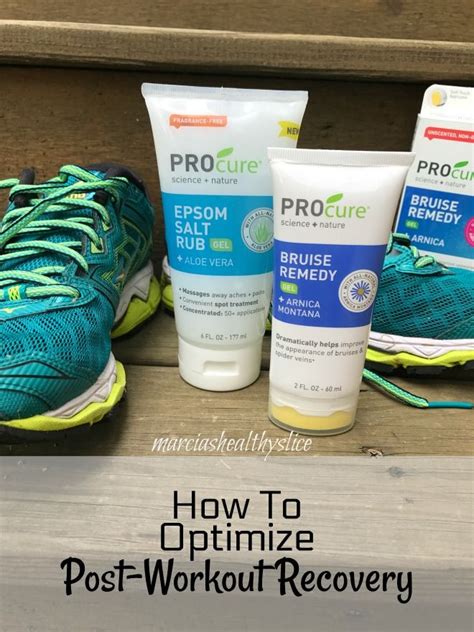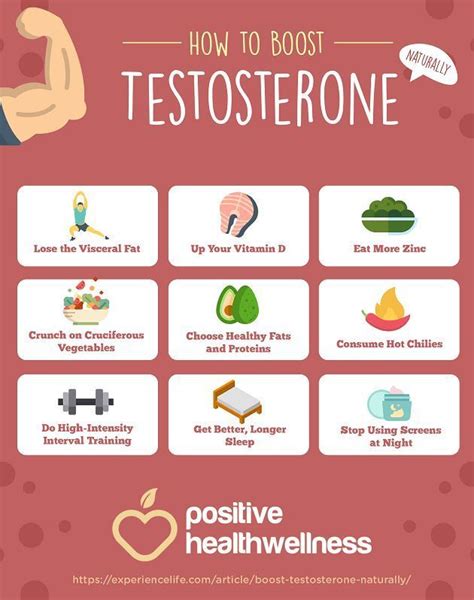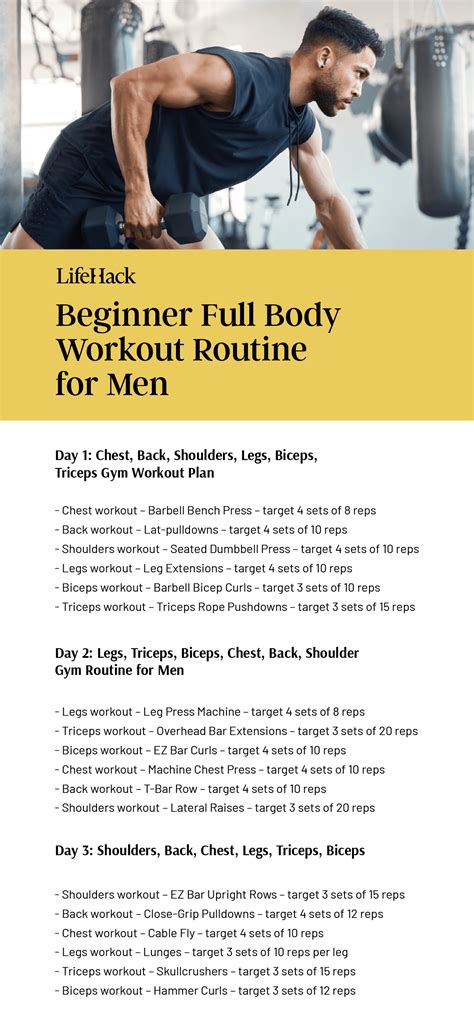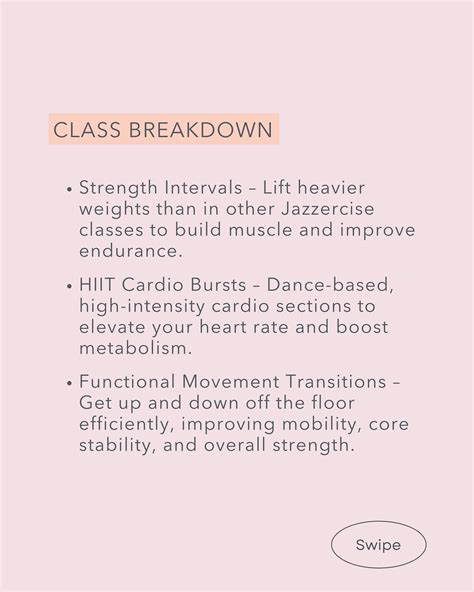The Critical Role of Post-Workout Recovery
Many fitness enthusiasts meticulously plan their workouts, focusing on sets, reps, and progressive overload. While this dedication is commendable, the often-underestimated cornerstone of muscle growth actually lies outside the gym: post-workout recovery. Your muscles don’t grow during your workout; they grow when they repair and adapt to the stress placed upon them. Neglecting recovery is akin to planting a seed but forgetting to water it – growth will be stunted, or worse, nonexistent.
Understanding the science behind muscle growth reveals that intense training causes microscopic tears in muscle fibers. The body’s natural response is to repair these tears, making the fibers stronger and larger in the process. This adaptive response, known as hypertrophy, is directly dependent on how effectively you recover.
Pillars of Peak Post-Workout Recovery
1. Strategic Nutrition: Fueling Muscle Repair and Growth
What you consume immediately after and in the hours following your workout significantly impacts your body’s ability to repair and rebuild. It’s not just about eating; it’s about eating the right things at the right time.
- Protein: Essential for muscle protein synthesis (MPS), which is the process of repairing damaged muscle fibers and building new ones. Aim for 20-40 grams of high-quality protein (whey, casein, eggs, lean meats) post-workout.
- Carbohydrates: Replenish depleted glycogen stores, which are your muscles’ primary energy source. Consuming fast-digesting carbs post-workout helps drive amino acids into muscle cells and initiates the recovery process.
- Healthy Fats: While not a primary post-workout nutrient, healthy fats play a crucial role in overall hormone production and reducing inflammation, supporting long-term recovery.
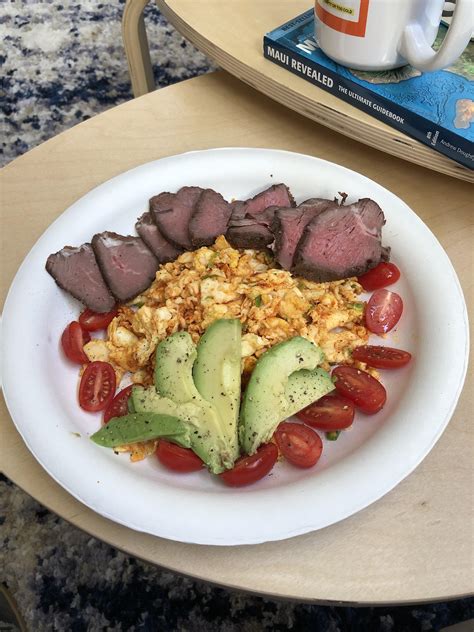
2. The Power of Quality Sleep
Sleep is arguably the most powerful recovery tool at your disposal. During deep sleep, your body releases growth hormone, which is vital for tissue repair and muscle growth. Furthermore, sleep helps reduce cortisol (stress hormone) levels and restores the central nervous system, preparing you for future training sessions.
Aim for 7-9 hours of uninterrupted, quality sleep per night. Establish a consistent sleep schedule, create a dark and cool sleep environment, and avoid screens before bed to optimize your sleep hygiene.

3. Hydration: The Often-Overlooked Essential
Water is involved in almost every bodily function, including nutrient transport, temperature regulation, and joint lubrication. Dehydration can impair performance, slow recovery, and even lead to muscle cramps.
Ensure you are adequately hydrated throughout the day, especially before, during, and after workouts. Consider adding electrolytes to your water if your workouts are long or intense, or if you sweat profusely.
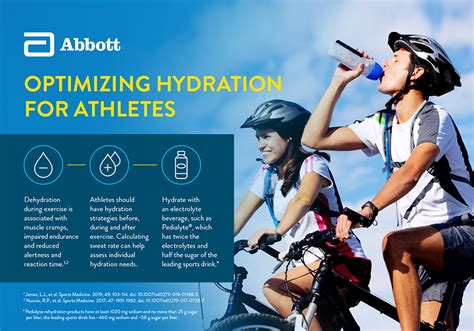
4. Active Recovery and Mobility Work
While rest is crucial, complete inactivity can sometimes prolong soreness. Active recovery involves low-intensity activities that promote blood flow without causing further muscle damage. This can include light cardio (walking, cycling), stretching, foam rolling, or yoga.
These activities help remove metabolic waste products, reduce muscle stiffness, and improve flexibility, all of which contribute to faster recovery and reduced risk of injury.

5. Stress Management: Keeping Cortisol in Check
Chronic stress elevates cortisol levels, which can hinder muscle growth and increase muscle breakdown. Effective stress management is a vital, albeit often overlooked, component of recovery. Incorporate stress-reducing activities into your routine such as meditation, deep breathing exercises, spending time in nature, or engaging in hobbies you enjoy.
6. Judicious Supplementation (Optional)
While whole foods and proper lifestyle choices form the foundation of recovery, certain supplements can complement your efforts:
- Creatine: Enhances strength and power, and aids in recovery between sets.
- BCAAs (Branched-Chain Amino Acids): Can help reduce muscle soreness and fatigue, though their role in muscle protein synthesis is debated if adequate protein is consumed.
- Glutamine: Supports immune function and gut health, which can be stressed by intense training.
Always remember that supplements are meant to supplement a solid diet and training plan, not replace them.

Implementing Your Recovery Strategy
Optimizing post-workout recovery isn’t a one-time event; it’s an ongoing process that requires consistency and attention to detail. Integrate these strategies into your daily routine, viewing recovery as an integral part of your training. Listen to your body, track your progress, and adjust your approach as needed. By prioritizing recovery, you not only accelerate muscle growth but also reduce the risk of injury, improve overall well-being, and ensure long-term sustainability in your fitness journey.
Conclusion
To truly unlock your muscle growth potential, shift your mindset from solely focusing on the workout to embracing the crucial period of recovery. By meticulously planning your nutrition, prioritizing quality sleep, staying hydrated, incorporating active recovery, and managing stress, you create the optimal internal environment for your muscles to repair, adapt, and grow stronger. Remember, consistency in recovery is just as vital as consistency in training for achieving faster and more sustainable results.
